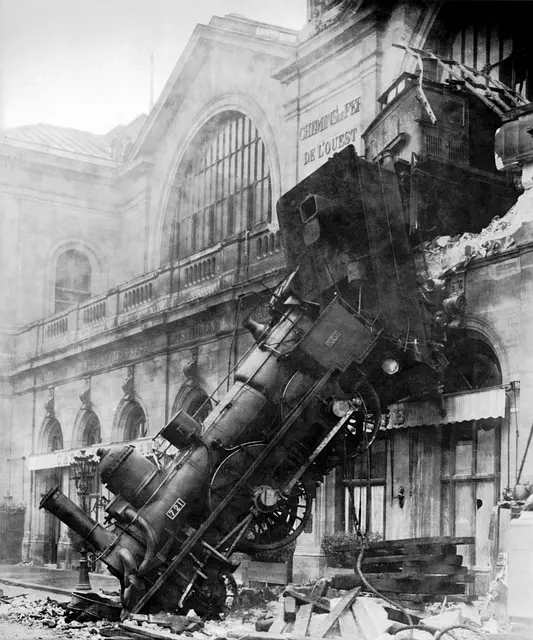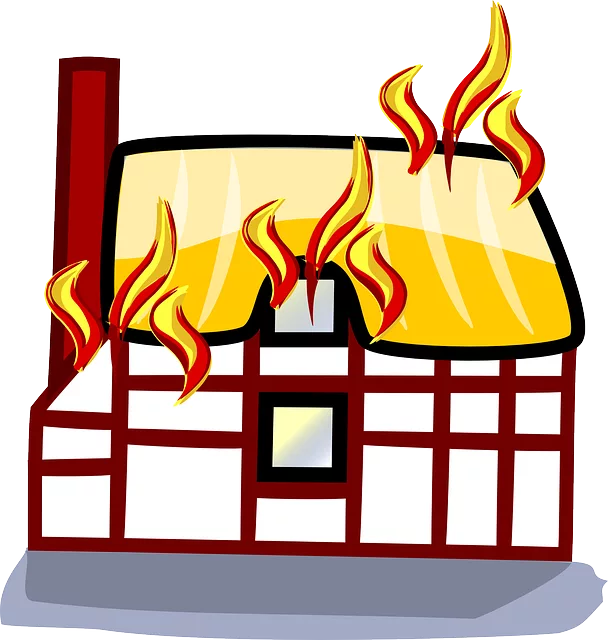Workplace safety training is legally mandated across Queens, New York, and beyond, with employers required to educate employees on hazards, protocols, and equipment handling. Non-compliance, including Driving While Intoxicated (DWI) cases, incurs significant penalties in The Bronx, known for stringent rules that can affect businesses' reputations, morale, and productivity. DWI carries severe consequences, impacting employment prospects due to employer risks and potential civil lawsuits. Staying up-to-date with regulations and implementing best practices like tailored safety programs and mandatory PPE use is crucial to avoid hefty fines and promote responsible operations in The Bronx.
In Queens, ensuring workplace safety is not just a moral obligation but a legal requirement. This comprehensive guide for lawyers delves into crucial aspects of workplace safety training, including understanding local regulations, managing DWI (Driving While Intoxicated) penalties, and navigating legal consequences in the Bronx. We explore the impact of DWI on employment, offer best practices for employers, and present real-world case studies to emphasize effective safety training strategies. By adhering to these guidelines, lawyers and employers can foster a safer work environment while mitigating potential fines and legal issues.
- Understanding Workplace Safety Training Requirements in Queens
- DWI (Driving While Intoxicated) Penalties: A Comprehensive Guide for Lawyers
- The Impact of DWI on Employment and Legal Reconsiderations
- Navigating Fines and Legal Consequences in the Bronx
- Best Practices for Employers to Ensure Employee Safety
- Case Studies: Real-World Examples of Workplace Safety Training Success
Understanding Workplace Safety Training Requirements in Queens

Workplace safety training is not just a recommendation but a legal requirement in Queens, New York, much like in other parts of the state and nation. Employers are mandated to provide comprehensive training programs that educate employees about potential hazards, emergency procedures, and proper handling of equipment to ensure a secure work environment. These regulations aim to protect workers from accidents, injuries, and illnesses, with penalties and fines for non-compliance, including DWI (Drunk Driving While Intoxicated) cases that can significantly impact businesses in Queens and The Bronx.
The specific training needs may vary based on the industry and workplace nature, but some common areas of focus include chemical handling safety, heavy machinery operation, electrical hazards, and stress management. Lawyers specializing in employment law emphasize the importance of adhering to these standards, not only to avoid legal repercussions but also to foster a positive company image and maintain employee morale and productivity.
DWI (Driving While Intoxicated) Penalties: A Comprehensive Guide for Lawyers

In New York, Driving While Intoxicated (DWI) is a serious offense, with stringent penalties for those convicted. Lawyers representing clients in Queens face the task of guiding their customers through this complex legal landscape, ensuring they understand the potential consequences. The penalties for DWI can include substantial fines, vehicle impoundment, and even jail time. In the Bronx, these punishments are known to be stricter than in many other areas due to a zero-tolerance policy towards impaired driving.
Fines for DWI often start at $500 and can increase significantly based on the number of prior offenses and the level of intoxication. Additionally, offenders may face surcharges, license suspension or revocation, and mandatory participation in alcohol treatment programs. Lawyers play a critical role in helping clients navigate these penalties, negotiating plea bargains, and presenting cases to mitigate the overall impact of a DWI conviction.
The Impact of DWI on Employment and Legal Reconsiderations

Driving while impaired (DWI) has significant implications for individuals in Queens, New York, especially when considering their employment prospects and legal standing. The consequences of a DWI conviction can be severe, often leading to substantial penalties and fines, which vary based on jurisdiction—in this case, The Bronx. Employers may view a DWI offense as a potential risk factor, particularly for roles that require operating heavy machinery or managing sensitive information. This could result in job rejection or termination, especially in industries with strict safety protocols.
Moreover, legal repercussions extend beyond criminal charges. Civil lawsuits and administrative actions from regulatory bodies are common. In Queens and The Bronx, individuals facing DWI charges should be aware of the potential impact on their careers and seek legal counsel to navigate the complex web of penalties, including potential license suspension or revocation, fines, and mandatory attendance at rehabilitation programs. Understanding these repercussions is crucial in making informed decisions regarding employment opportunities and legal redress.
Navigating Fines and Legal Consequences in the Bronx

Navigating the legal landscape surrounding workplace safety is a complex task, especially when considering the potential fines and consequences that businesses and individuals in the Bronx may face. The region’s strict adherence to labor laws means that any violations can result in significant penalties, which are designed to deter unsafe practices and promote accountability. DWI (Drunk Driving While Intoxicated) penalties and fines in The Bronx are a prime example of these legal repercussions. These stringent measures aim to curb drunk driving, a leading cause of accidents, by imposing severe financial burdens on offenders.
When businesses or employees are found negligent in ensuring workplace safety, they may be subject to DWI-like fines, which can vary based on the severity of the infraction. The Bronx’s legal system takes these matters seriously, recognizing that workplace safety is not just a regulatory requirement but a moral obligation. As such, companies and lawyers specializing in this area must stay vigilant, ensuring compliance to avoid these hefty fines and potential reputational damage.
Best Practices for Employers to Ensure Employee Safety

At Workplace Safety Training Lawyers Queens, we emphasize that employee safety is a top priority for any responsible employer. Best practices include regular and comprehensive safety training programs tailored to specific job roles. This ensures that all employees are aware of potential hazards in their workstations and equipped with the necessary skills to handle them effectively. Additionally, employers should maintain a culture of open communication where employees feel comfortable reporting any safety concerns or near-miss incidents without fear of retaliation.
Implementing robust safety protocols is crucial to prevent accidents and injuries. This involves regularly inspecting work areas for potential hazards, addressing them promptly, and keeping detailed records of all safety measures. Employers should also enforce strict adherence to safety guidelines and regulations, including mandatory use of personal protective equipment (PPE). Furthermore, staying informed about local laws, such as DWI penalties and fines in The Bronx, is essential to avoid legal complications that could arise from negligence.
Case Studies: Real-World Examples of Workplace Safety Training Success

Workplace safety training is not just about theoretical knowledge; it’s enhanced by real-world examples that illustrate its practical application and impact. Case studies, particularly from high-profile incidents in areas like The Bronx, offer invaluable lessons. For instance, a recent case involving DWI (Drunk Driving While Intoxicated) penalties and fines in a local construction site highlights the importance of safety protocols. A worker, despite training on alcohol awareness, made a fatal mistake, leading to severe consequences for the company. This tragedy could have been mitigated if proper procedures were followed strictly, underscoring the effectiveness of well-conducted workplace safety training.
Another compelling example comes from a manufacturing plant where an employee’s lack of personal protective equipment (PPE) led to a serious injury. After an investigation, it was found that the company had provided adequate PPE but employees often neglected to use them. This incident resulted in substantial fines and a renewed focus on encouraging workers to prioritize safety. These case studies serve as stark reminders that comprehensive training not only reduces penalties and fines (such as DWI-related sanctions in The Bronx) but also saves lives and ensures businesses operate responsibly.
In conclusion, ensuring workplace safety through comprehensive training is paramount, especially in areas like Queens and The Bronx where legal repercussions for violations, including DWI penalties and fines, are stringent. By understanding the training requirements, employing best practices, and learning from real-world case studies, businesses can create a safer environment for employees while mitigating potential legal risks. Lawyers specializing in this field play a crucial role in guiding employers through these complex regulations, ensuring compliance and fostering a culture of safety.
